The relationship between humans and cats has evolved over thousands of years, transitioning from mutual transactions to profound emotional bonds. Unlike dogs, who were domesticated primarily for work, cats began their domestication journey as partners in pest control. Today, they are beloved family members, offering companionship and comfort, raising intriguing questions about the nature of the psychological bond between cats and their owners.
The History of Cat Domestication
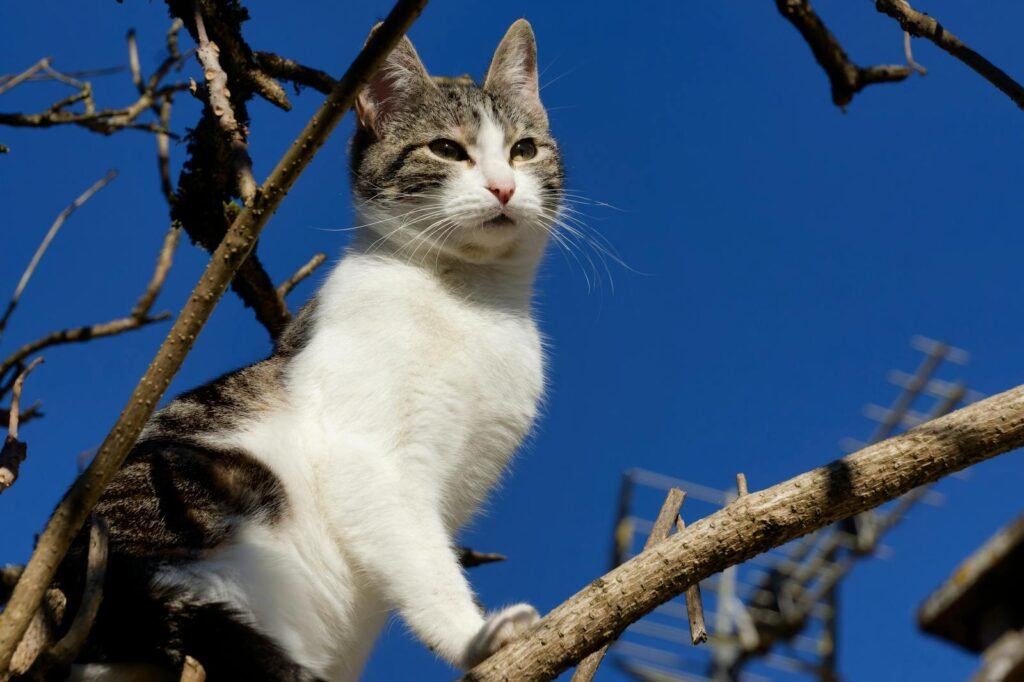
Cats were first domesticated around 9,000 years ago in the Near East. Initially drawn to human settlements for the abundance of rodents, their independent nature set them apart from other domesticated animals. This history explains some of the unique aspects of the human-cat bond, rooted less in utility and more in mutual contentment and companionship.
Communication and Body Language
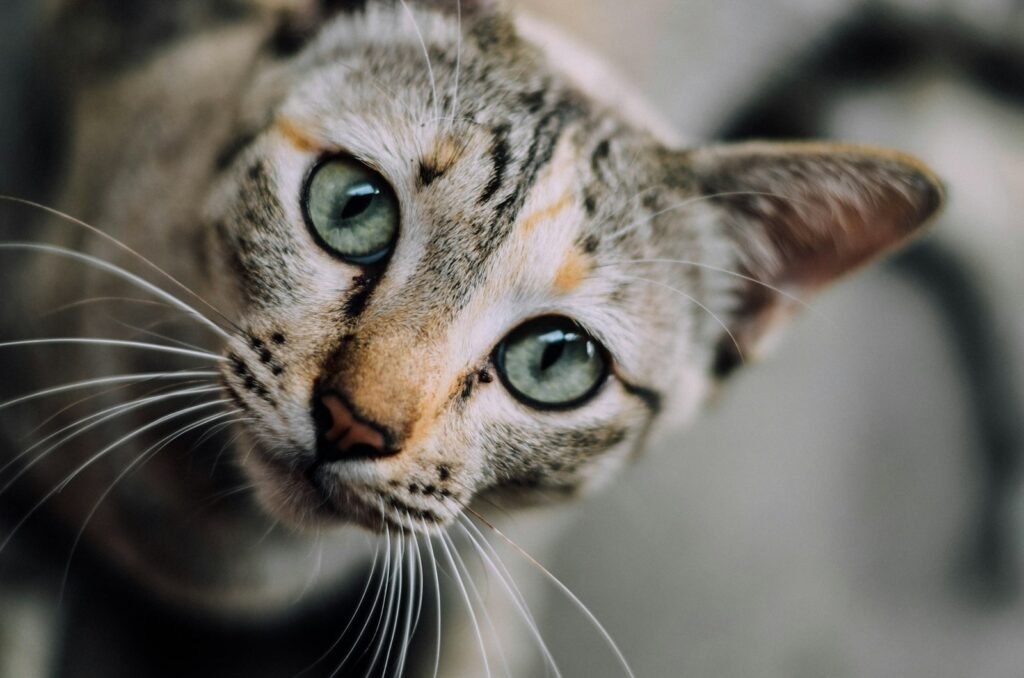
Cats communicate with humans using a variety of vocalizations, facial expressions, and body language. These methods of communication play a critical role in establishing a strong psychological bond. Through understanding and responding to these signals, owners can create a harmonious and trusting relationship with their feline companions.
The Science of Purring
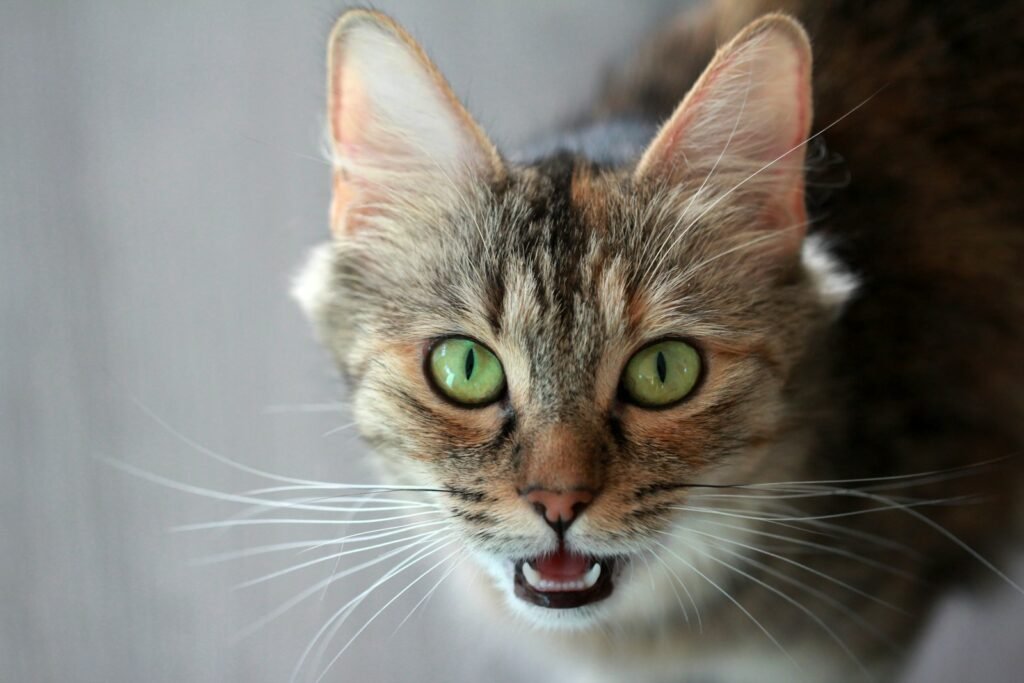
Cats purr for a variety of reasons, including contentment, stress relief, and even pain management. For owners, the sound of a purring cat can be soothing and stress-reducing, creating a mutual exchange of comfort. Studies suggest that the therapeutic effects of a cat’s purr can foster deeper emotional connections and enhance the overall bond.
Attachment Styles in Cats
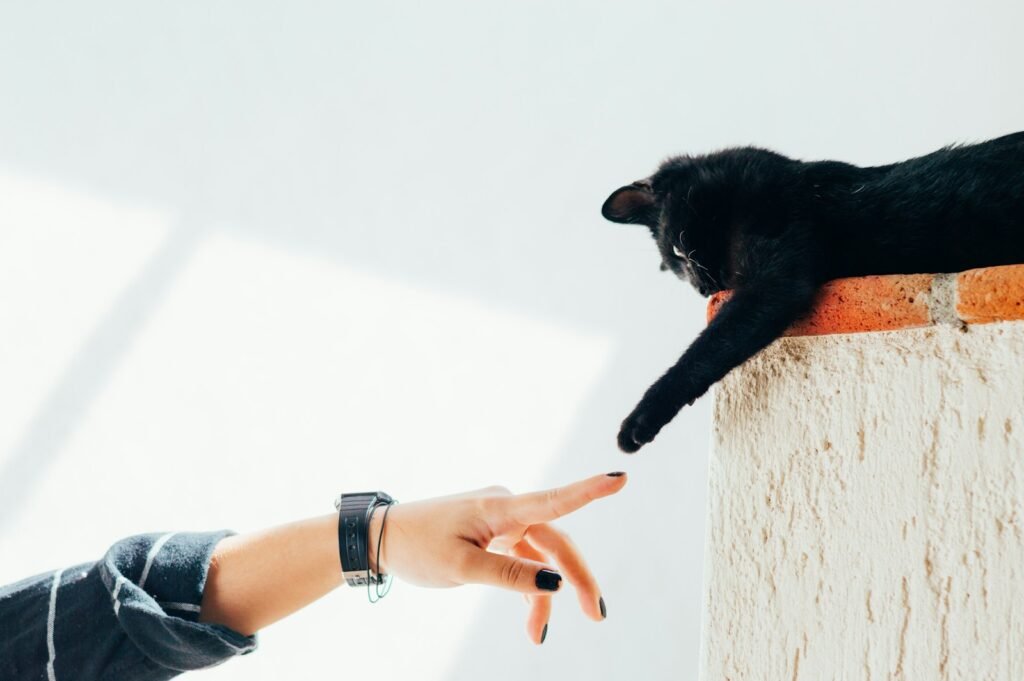
Recent research indicates that cats, like humans, can form different types of attachment styles. These styles—secure, ambivalent, avoidant, and disorganized—reflect the nature of the bond cats have with their owners. Understanding these attachment styles helps owners cater to their cats’ emotional needs, reinforcing a secure and loving relationship.
Impact on Human Well-being
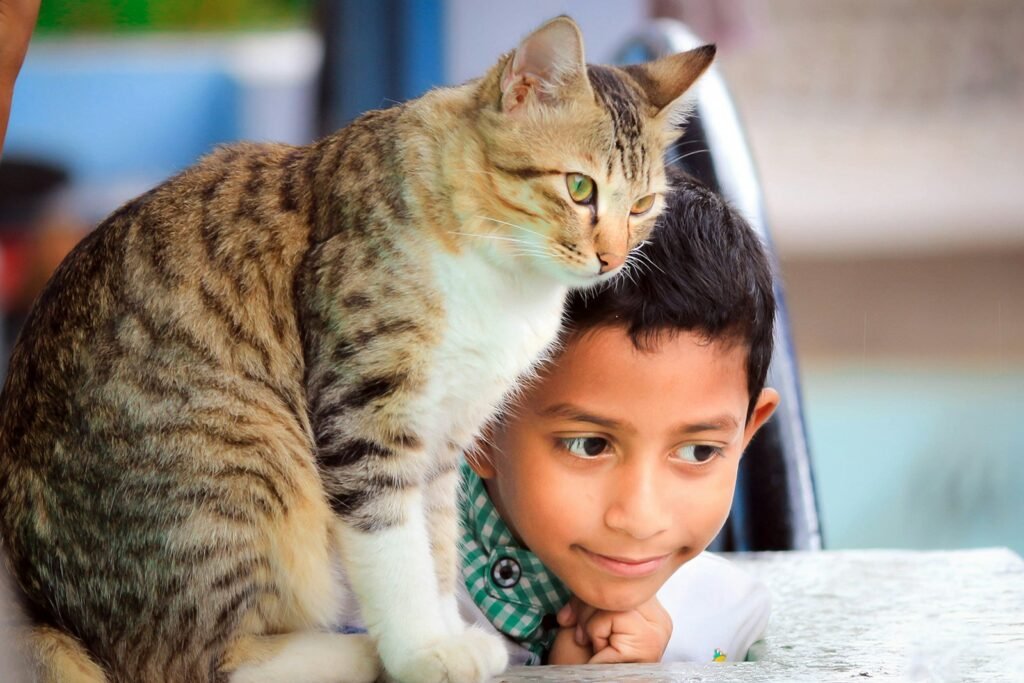
The presence of cats in a household has been linked to numerous psychological benefits for humans, including reduced stress, anxiety, and depression. The affectionate and calming nature of cats can provide emotional support and companionship, fostering a sense of well-being and helping owners cope with various life challenges.
The Role of Routine and Ritual
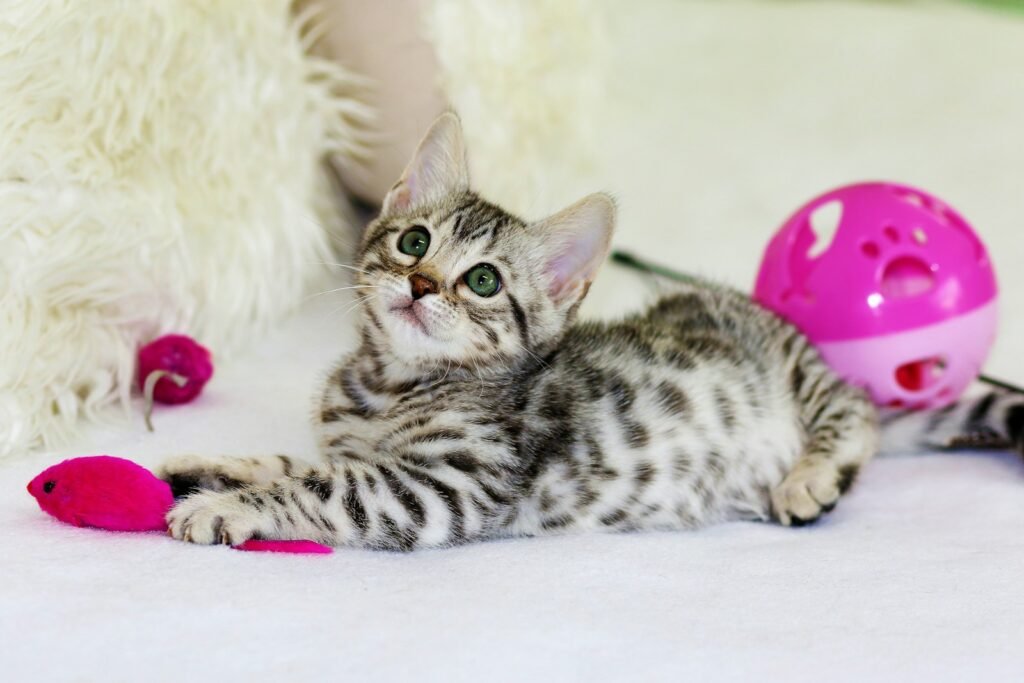
Cats thrive on routine, and their affinity for daily rituals plays a significant role in strengthening the bond with their owners. Regular feeding times, play sessions, and grooming establish a predictable environment that builds trust. These routines not only enhance the cat’s feeling of security but also provide owners with a sense of connection and responsibility.
Understanding Cat Behavior
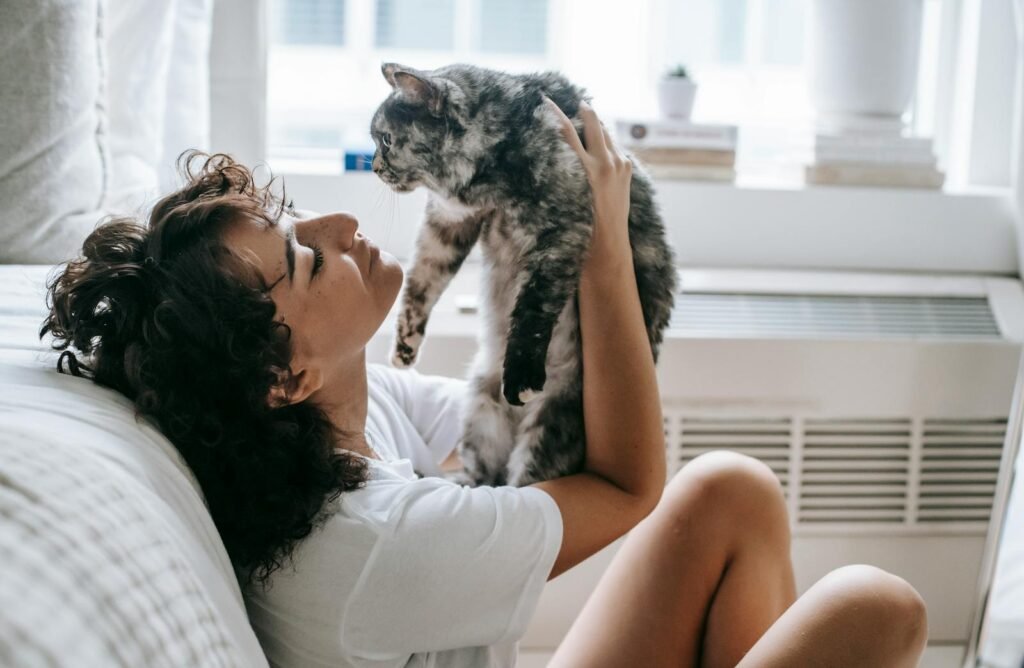
Appreciating the nuances of cat behavior is crucial for deepening the emotional bond. From the playful antics of kittens to the more reserved demeanor of older cats, recognizing and responding appropriately to various behaviors ensures a happy, healthy relationship. Owners who understand their cats’ behavioral cues can meet their pets’ needs more effectively, fostering a stronger connection.
The Therapeutic Benefits of Cats
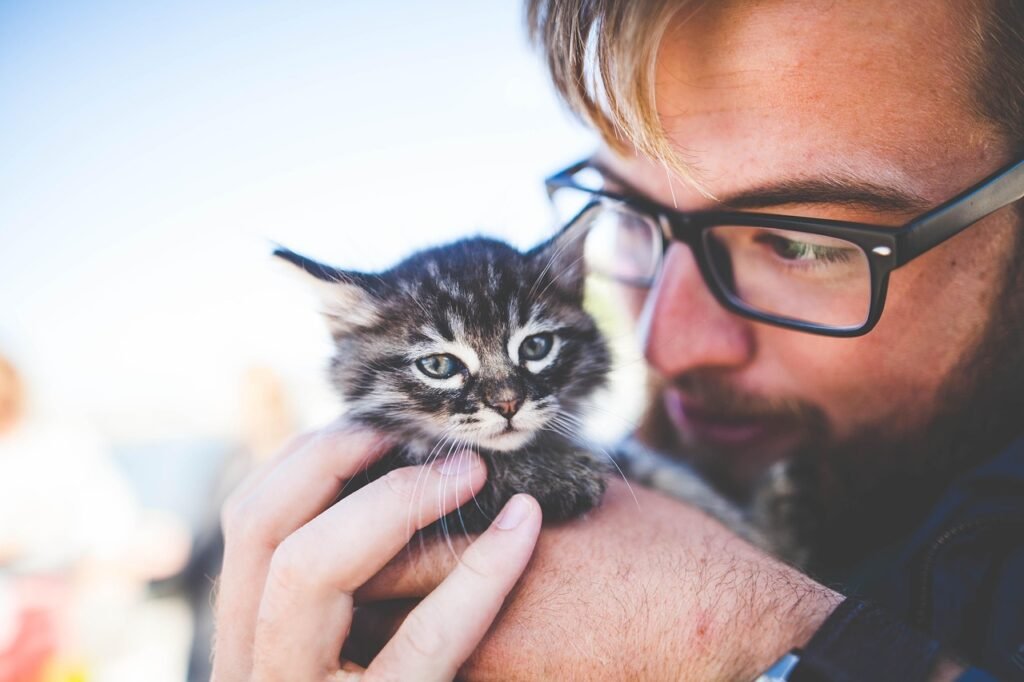
Cats possess a unique ability to offer emotional healing and comfort. Their intuition regarding human emotions allows them to provide companionship when owners need it most. This therapeutic bond has been recognized in various settings, including hospitals and therapy sessions, underscoring the depth of the psychological connection between cats and humans.
Building a Lasting Bond with Your Cat
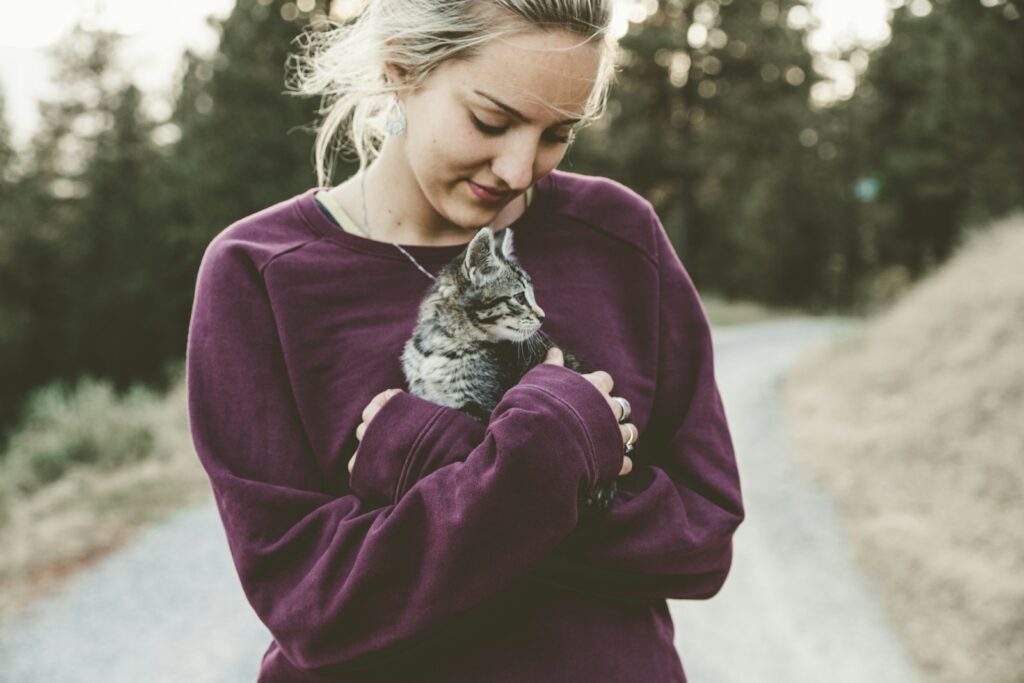
Building a lasting bond with a cat involves patience, understanding, and a willingness to adapt to the cat’s individual personality. Key practices include providing mental and physical stimulation, respecting their space, and engaging in activities that both owner and cat enjoy. These efforts not only strengthen the relationship but also contribute to a cat’s overall happiness and health.
The Future of Human-Cat Relationships

As our understanding of cat psychology and behavior grows, so too does the potential for even deeper bonds between humans and cats. Advances in areas like feline cognition and emotional intelligence may offer new insights into how these fascinating animals perceive the human world, ultimately enhancing the ways we connect with our feline friends.
In conclusion, the psychological bond between cats and their owners is a complex interplay of communication, emotional exchange, and mutual benefits. By understanding and nurturing this bond, cat owners can enjoy a rewarding and heartfelt relationship with their feline companions, enriching both their lives and their cats’ lives.

Growing up traveling and experiencing new cultures and wonders, I have had a passion for nature, adventuring, photography, and videography. I am currently working towards a BSc in Biodiversity and Ecology at Stellenbosch University, and I hope to specialise in Marine Sciences one day.
Please send any feedback to Feedback@animalsaroundtheglobe.com






